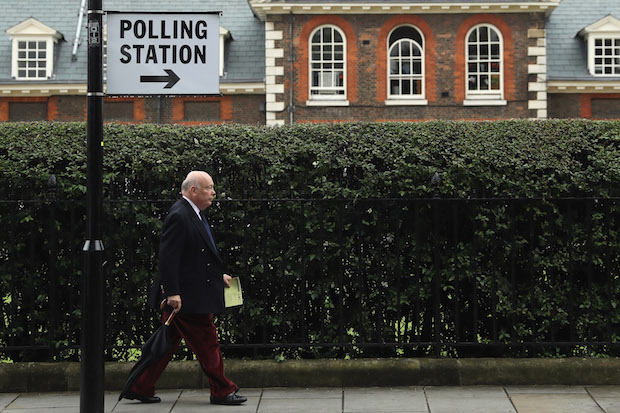It does seem to me that there’s been a misunderstanding about what, exactly, a referendum is about. It’s not a general election. It’s not about electing a party with a manifesto. It’s simply getting an answer to a specific question, in this case, whether to stay in or leave the EU. So when disgruntled Remainers complain that there is no blueprint for the future, no grand plan for the way ahead, no specifics about immigration reduction, no answers about getting access to the free trade area, all you can say is, that’s not what it was about, people. There was a coalition of disparate interests behind the Brexit side, from Labour to Ukip, and all they had in common was that they wanted out of the EU. It would then be over to the British government, of whatever type and stamp, to decide how things go from now on. That’s why I was restive when Frances O’Grady, for the TUC, got so uppity during the TV debate about the Brexiteers giving no guarantee that immigration would fall after leaving. They couldn’t; it wasn’t in their gift. All the vote could do is give the UK parliament the power to decide all these things, and from now on it’s over to MPs, or rather, the executive.
Having said which, you didn’t have to be a dog to catch the whistle on the Brexit side that leaving the EU would mean a reduction in immigration. Individual prominent Brexiteers did indeed suggest that there could be fewer EU migrants and more from those with links to communities already here, once the government had freedom outside the EU to decide who to let in. (Does anyone need reminding that most net migration is from outside the EU?) Or as I said to one Brexit MP in my vulgar way: ‘Does that mean fewer Poles and more Pakistanis?’ What he said was simply that if we made mistakes, at least they would be our mistakes. Which is correct.
But I still think the constituency which voted for out will be justifiably disgruntled if it turns out that immigration numbers don’t fall as a result of leaving. Replacing EU migrants with even more non-EU ones won’t do it. The disaffected want a reduction in numbers, unless you’re talking Australians and Canadians. They didn’t actually vote for an Australian style points-based system but that appears to be the obvious route – so long as it means numbers go down, not up. Dan Hannan was correct to say (prudently, after the vote) that no one on the Brexit actually promised to reduce immigration – they couldn’t. But if Brexit doesn’t provide it, boy, there’ll be trouble ahead. I mean, more than we’ll be getting anyway.







Comments